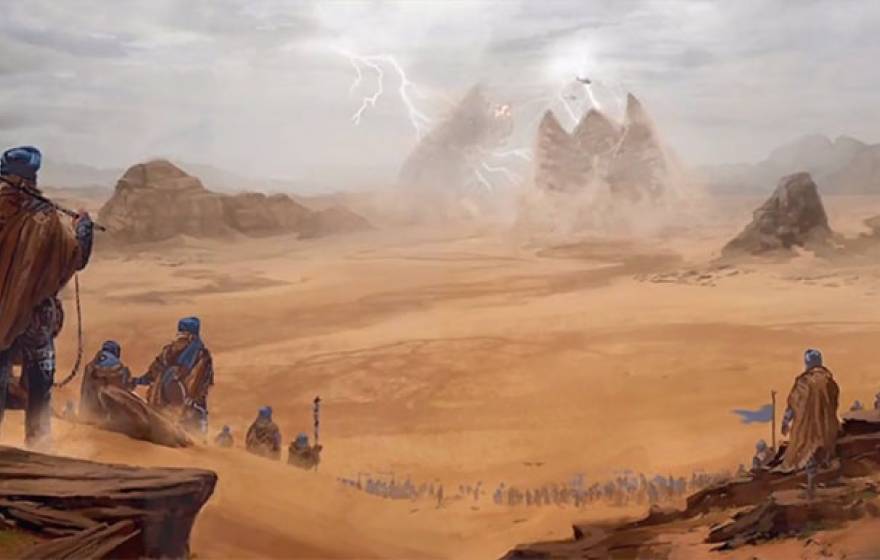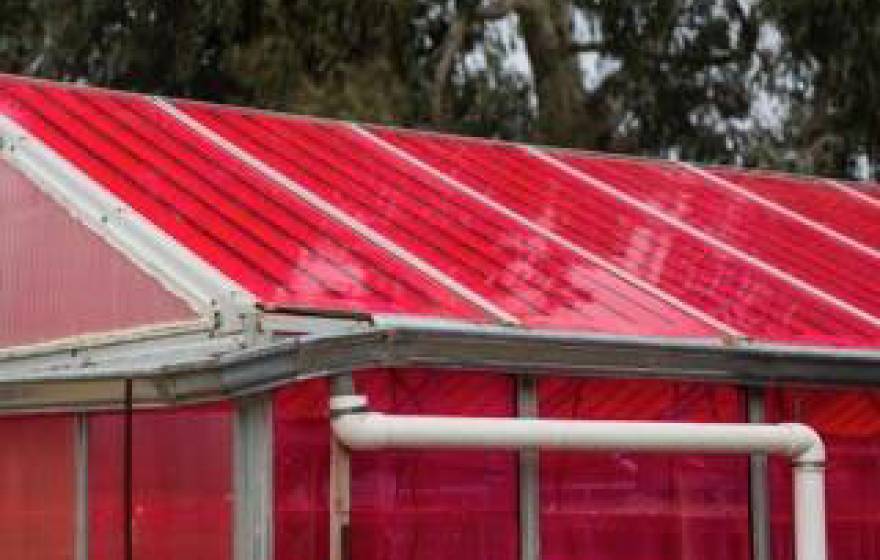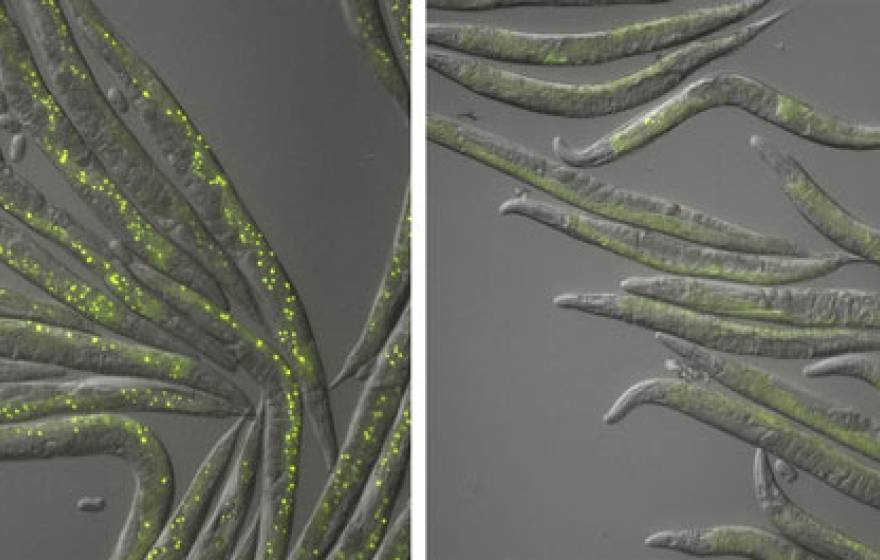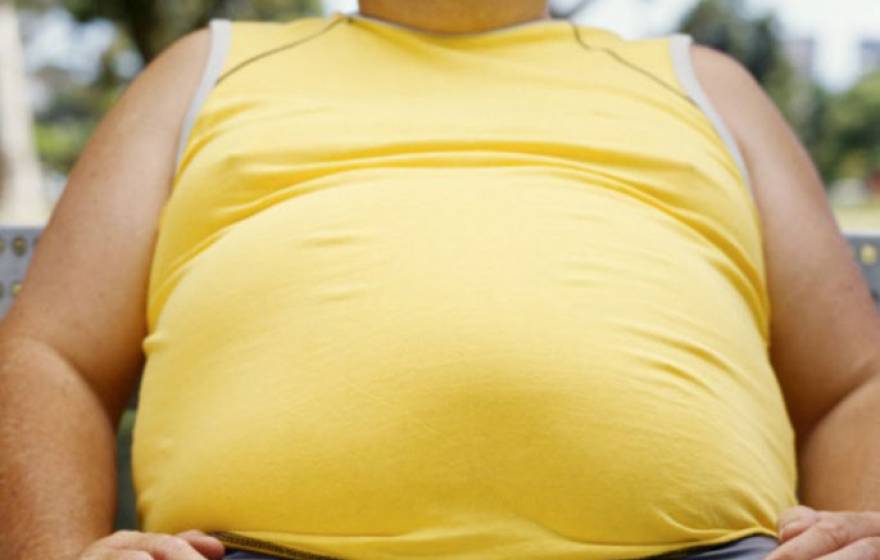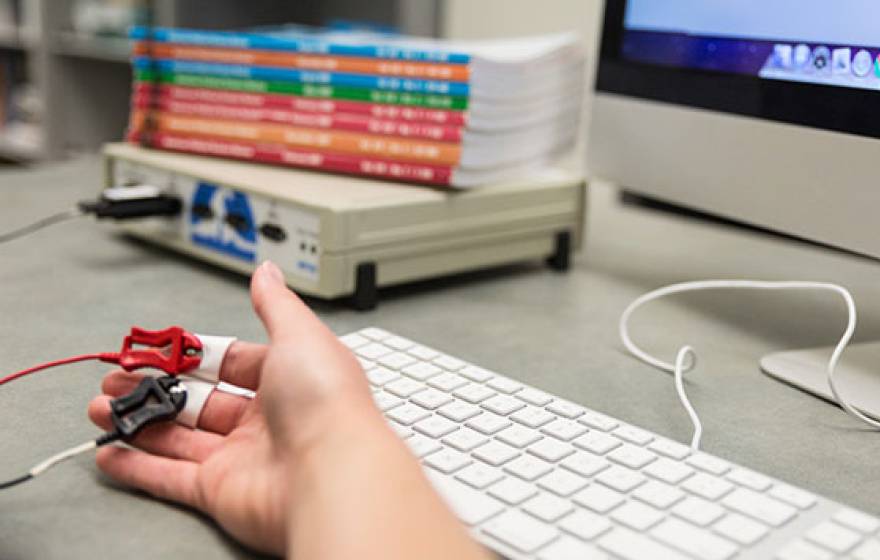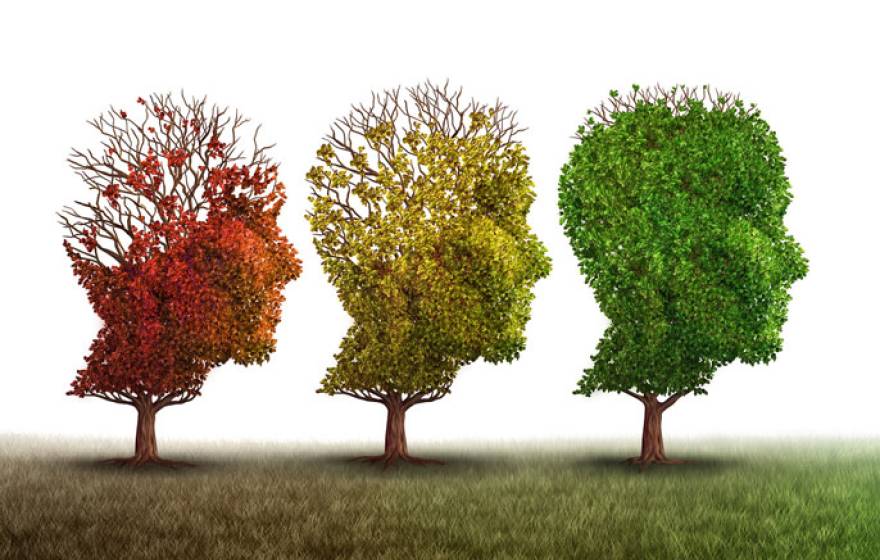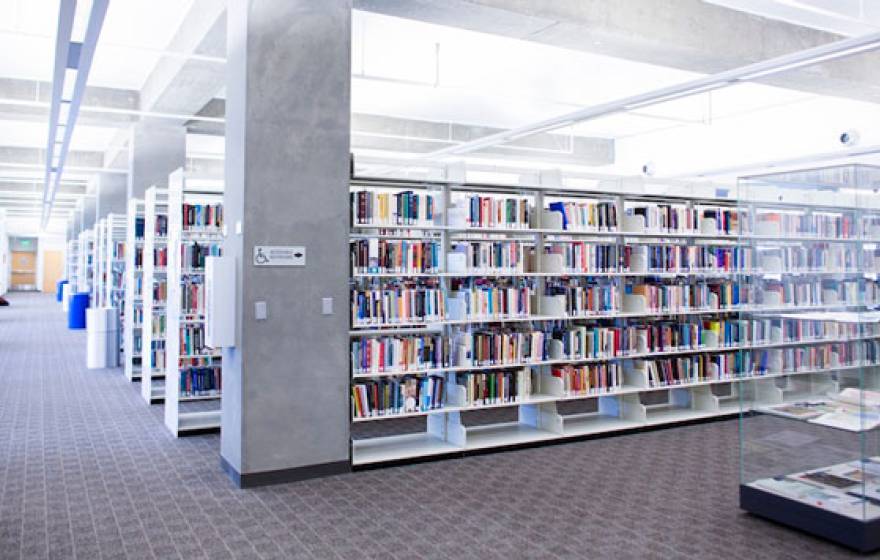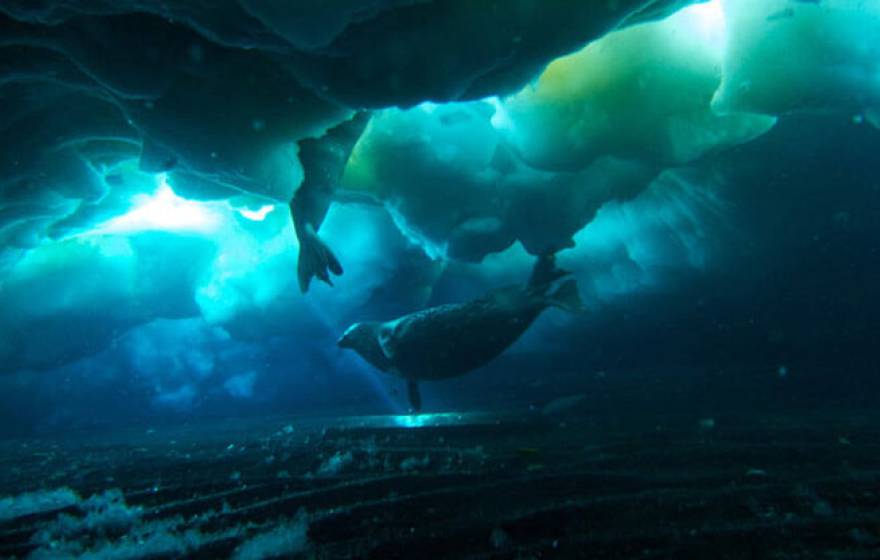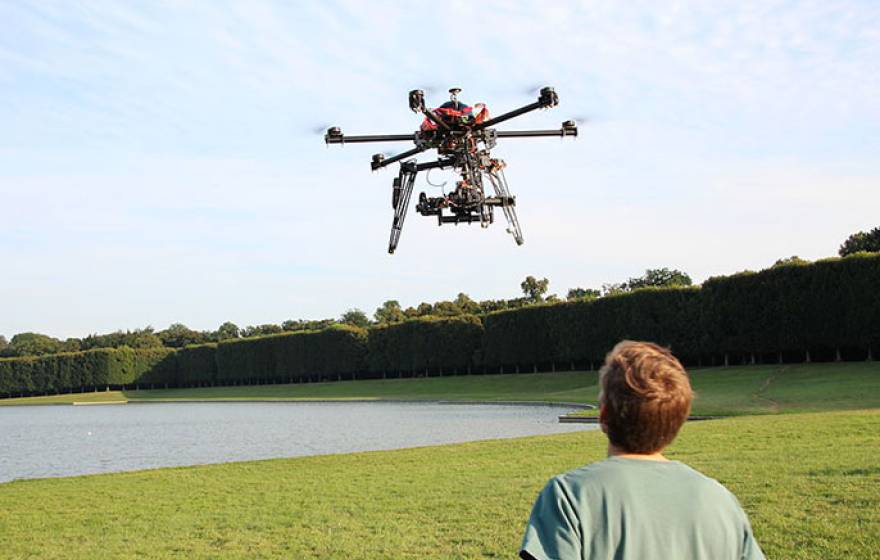Eleni Linos focuses on how technology influences our behaviors to make an impact on health.
Lack of black TV showrunners, writers continues to perpetuate stereotypes
Ninety percent of showrunners are white and two-thirds of all TV shows lack even one black writer, Darnell Hunt finds.
How American cities can make sci-fi a reality
David Sedlak finds a solution to our water woes in "Dune."
Smart greenhouses generate solar power and grow crops at the same time
UC Santa Cruz shows you can capture solar for electricity and plant growth at the same time while reducing water needs.
Researchers discover new pathway for handling stress
Newly detected resistance mechanism helps protect cells from threats such as heat shock.
Understudied racial minority groups show alarmingly high rates of obesity and diabetes
A new study highlights major health problems affecting historically ignored racial groups.
Is biology behind your political views?
How your body processes its fight or flight response may affect your opinion, a new study finds.
Boo! Scary findings about imported candy
More health alerts have been issued for lead in candy than for salmonella, E.coli or botulism.
UCLA neuroscientists give memory a jolt with weak electrical signal
Researchers discover where and how to tickle the brain for better recall.
UC Merced joins effort to help make research accessible to all
Campus becomes only one of five universities leading the way for open access.
When there's nowhere colder to go
As the oceans warmed, species migrated to Antarctica. What happens when climate change heats up their home?
Drones to grow minds of their own
UC Riverside professors aim to embed intelligence in drones.


